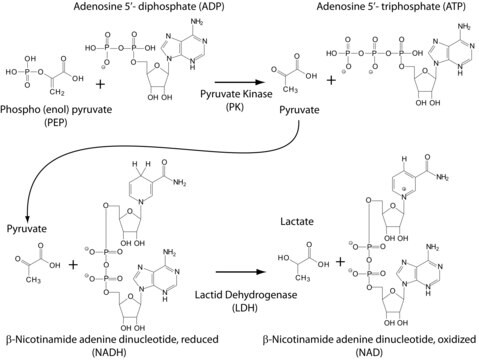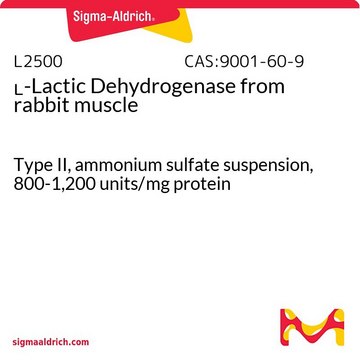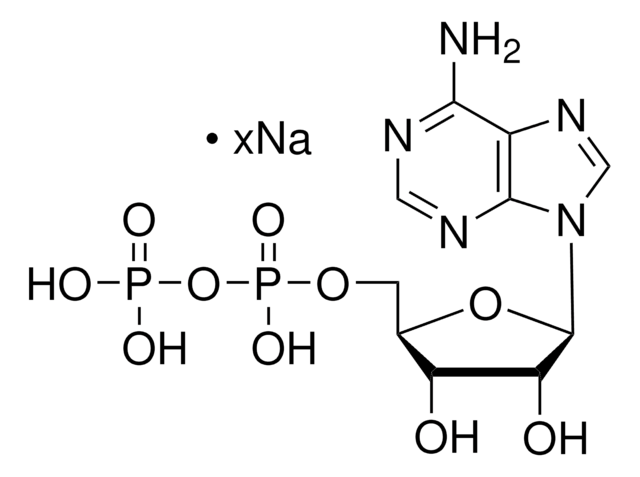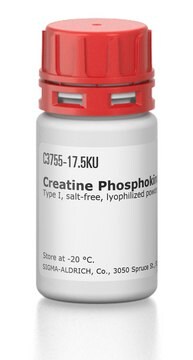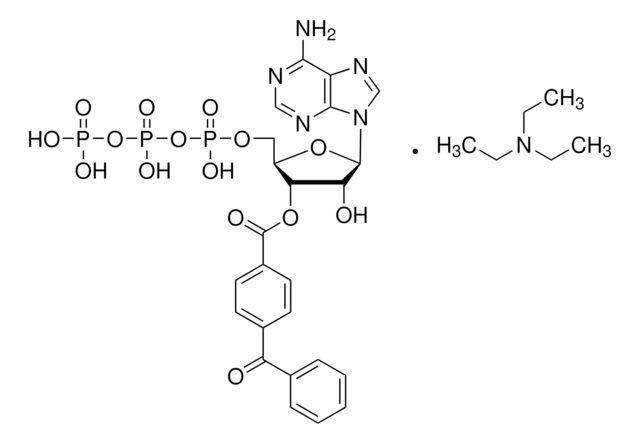M1434
2-Methylthioadenosine 5′-monophosphate triethylammonium salt hydrate
solid, ≥98% (HPLC)
Synonyme(s) :
2-MeSAMP, 2-Methylthio-AMP triethylammonium salt hydrate
About This Item
Produits recommandés
Niveau de qualité
Essai
≥98% (HPLC)
Forme
solid
Conditions de stockage
desiccated
Couleur
white
Solubilité
H2O: 20 mg/mL, clear, colorless
Température de stockage
−20°C
Chaîne SMILES
O.CCN(CC)CC.CSc1nc(N)c2ncn([C@@H]3O[C@H](COP(O)(O)=O)[C@@H](O)[C@H]3O)c2n1
InChI
1S/C11H16N5O7PS.C6H15N.H2O/c1-25-11-14-8(12)5-9(15-11)16(3-13-5)10-7(18)6(17)4(23-10)2-22-24(19,20)21;1-4-7(5-2)6-3;/h3-4,6-7,10,17-18H,2H2,1H3,(H2,12,14,15)(H2,19,20,21);4-6H2,1-3H3;1H2/t4-,6-,7-,10-;;/m1../s1
Clé InChI
YQMUWWZKFZERBT-IDIVVRGQSA-N
Catégories apparentées
Application
- as a P2Y12 inhibitor to study its effects on stimulation of endocytosis in high-density lipoprotein (HDL).
- as a P2Y12 inhibitor to study its effects on platelet recruitment in whole human blood.
Actions biochimiques/physiologiques
Code de la classe de stockage
11 - Combustible Solids
Classe de danger pour l'eau (WGK)
WGK 3
Point d'éclair (°F)
Not applicable
Point d'éclair (°C)
Not applicable
Équipement de protection individuelle
Eyeshields, Gloves, type N95 (US)
Faites votre choix parmi les versions les plus récentes :
Déjà en possession de ce produit ?
Retrouvez la documentation relative aux produits que vous avez récemment achetés dans la Bibliothèque de documents.
Les clients ont également consulté
Notre équipe de scientifiques dispose d'une expérience dans tous les secteurs de la recherche, notamment en sciences de la vie, science des matériaux, synthèse chimique, chromatographie, analyse et dans de nombreux autres domaines..
Contacter notre Service technique
